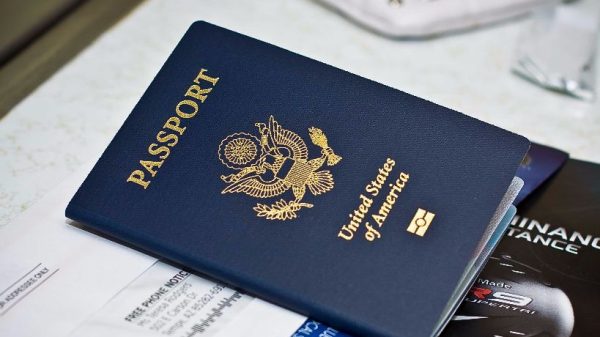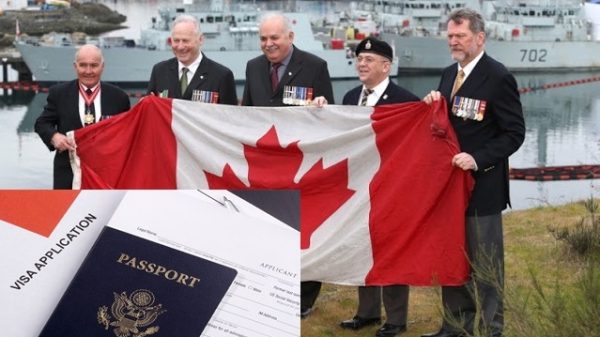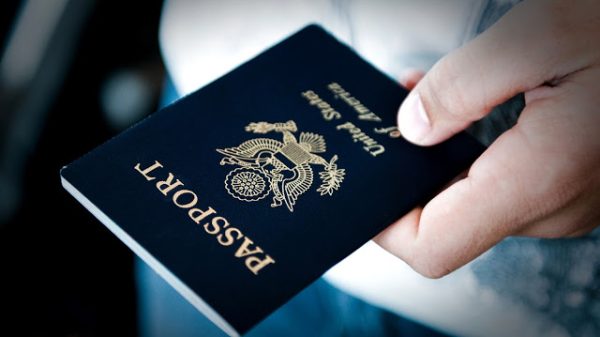Family Immigration to Canada
Any Canadian resident, citizen or permanent resident who has reached the age of 18 is eligible to sponsor their immediate family members to obtain an immigrant visa to Canada.
Sponsors must promise to support the relative or family member for a period of 3 to 10 years, depending on the degree of kinship and their age.
The sponsor must reside in Canada. However, a Canadian citizen (citizen only, not a permanent resident) residing outside of Canada may sponsor a spouse or dependent child, provided that the sponsor returns with the family after receiving the family immigration visa.
Categories under Family Immigration
Conventionally, the categories of persons that fall under the definition of family immigration or family sponsorship can be divided into the following;
- Close Relatives
Close family members who can be sponsored by a Canadian resident include;
- A spouse, as well as an unregistered official marriage partner (common-law partner or conjugal partner) aged 16 and older;
- Native or adopted dependent children of the sponsor under the age of 22 (dependent child);
- Parents, grandparents of the sponsor;
- Children under the age of 18 (unmarried), if their parents have died and they are the sponsor’s brother/sister, nephew/niece, and grandchildren.
- Adoption of a Child from Another Country
To adopt a child from another country, you must go through both the adoption process, the immigration and sponsorship process of the adopted child.
- Spouse or Common-Law Partner Already Residing In Canada
According to the new law, it is now possible to sponsor a spouse or common-law partner if they have already entered Canada and live with the sponsor.
Spouse or common-law partner sponsorship includes support for their dependent children, whether they reside in Canada or not.
This category does not apply to all relatives, but only to sponsored spouses/marriage partners and children.
Requirements for the Sponsor and the Documents Provided
If you wish to reunite in Canada with a relative or family member living overseas, you must sponsor that relative or family member so that they can immigrate to Family Class.
To sponsor a relative or family member, you must sign an Undertaking with the Minister for Citizenship and Immigration (unless you live in Quebec, in which case you are signing an agreement with that province).
Your commitment to the Government of Canada is that you will support the person you sponsor and their family members for 3 to 10 years so that they do not have to seek social assistance.
You must also sign a Sponsorship Agreement with your relative or family member, in which you set out your mutual obligations to each other.
You promise to meet the basic requirements of the person you sponsor and their family members during the term of this agreement.
The person you sponsor promises to do their best to become economically independent (if they are not an elderly person).
Dependent children under 22 years old do not have to sign a sponsorship agreement.
Duration of the Sponsorship Agreement
Your commitment to supporting your sponsored relative will have the following timelines, based on age and degree of relationship;
- If this is your spouse, an unregistered marriage partner, then you must provide financial support to him/her for 3 years from the date when he/she became a permanent resident.
- If it is your spouse, common-law partner, a dependent child who is under 22 years old, you must provide financial support for 10 years from the date on which he became a permanent resident.
- If this is your spouse, common-law partner dependent child aged 22 and older, then you must provide him with financial support for 3 years from the date when he became a permanent resident.
For any other person not mentioned above, you must provide financial support for 10 years from the date on which he became a permanent resident.
The family sponsorship process is a two-step process;
- Obtaining permission for sponsorship;
- The sponsored relative goes through the immigration process.
At the same time, documents for both stages are prepared at once and all together are sent for consideration to the Case Processing Center (located in Mississauga, Ontario).
There, they first examine the sponsor’s documents and decide whether he meets the requirements for a sponsor.
If satisfied, the Case Processing Center itself then sends the entire package of documents to the relative to the Canadian embassy of the country where the sponsored relative lives.
This embassy considers the application of a sponsored relative for immigration to Canada under the “Family sponsorship” class and there they make the final decision whether to issue him an immigrant visa.
Conclusion
At this point, we have been able to discuss the most important things that you should know about family immigration to Canada.
You should therefore ensure that you share this article with your colleagues online. Don’t forget to share your thoughts in the comment section below. Thanks.















